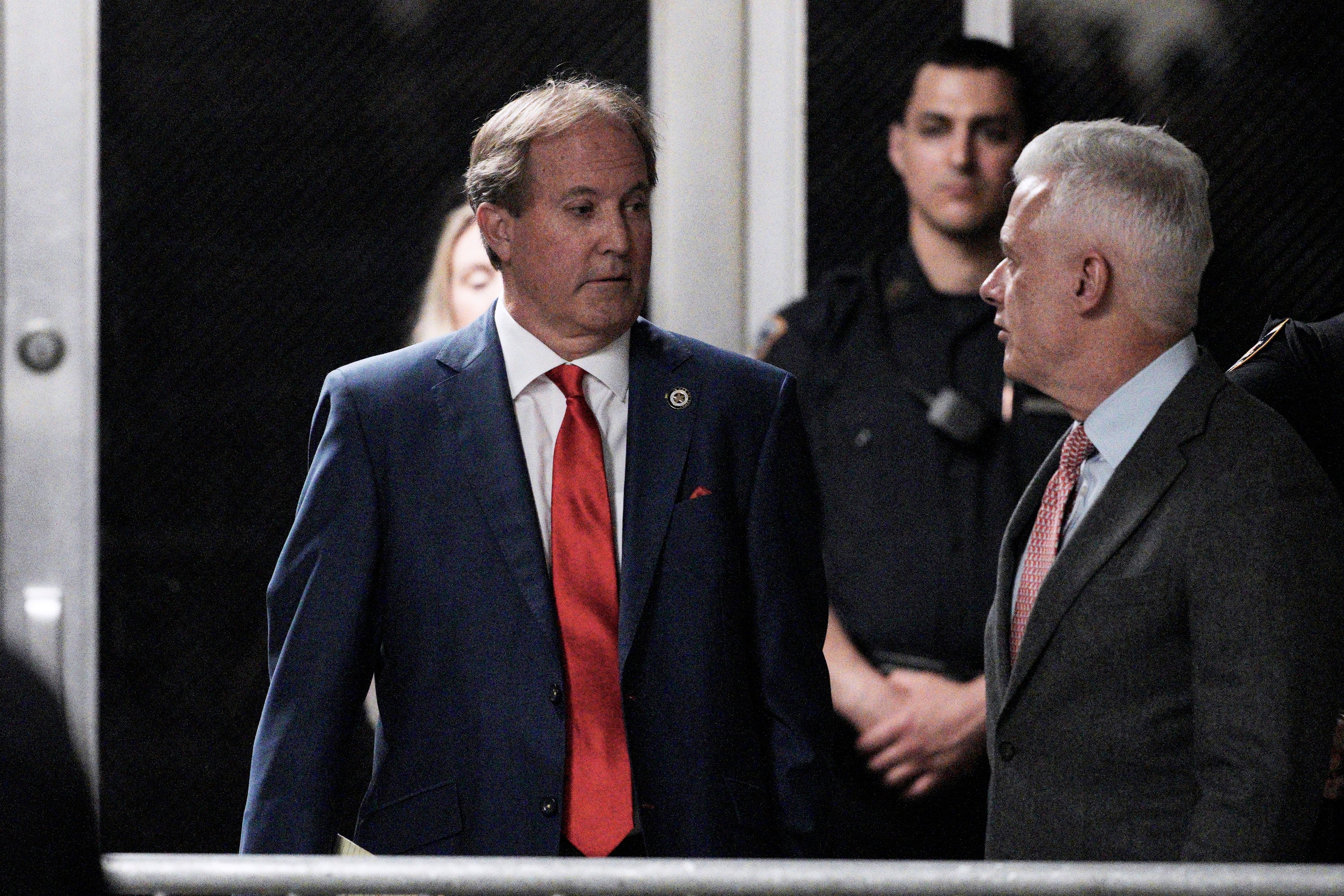Republican states challenge new Title IX rules protecting LGBTQ+ students
Republican states are filing a barrage of legal challenges against the Biden administration’s newly expanded campus sexual assault rules, saying they overstep the president’s authority and undermine the Title IX anti-discrimination law

Republican states are filing a barrage of legal challenges against the Biden administration's new expanded campus sexual assault rules, saying they overstep the president's authority and undermine the Title IX anti-discrimination law.
At least three federal lawsuits were filed on Monday seeking to have the new rules overturned. Cases were filed in Alabama, Louisiana and Texas, with backing from a combined nine Republican-led states. Tennessee and West Virginia also promised a “multi-state response" on Tuesday.
The lawsuits are the first to challenge Biden's new Title IX rules, which expand protections to LGBTQ+ students and add new safeguards for victims of sexual assault. The policy was finalized in April and takes effect in August.
The Education Department did not immediately respond to the lawsuits.
Central to the dispute is a provision expanding Title IX to LGBTQ+ students. The 1972 law forbids discrimination based on sex in education. Under the new rules, Title IX will also protect against discrimination based on sexual orientation or gender identity.
Texas' lawsuit called it a federal overreach that attempts to bring “radical social change” to the nation's schools. Attorney General Ken Paxton argued the 1972 law was meant to forbid discrimination based on “biological sex” only.
“This Final Rule tells States and other regulated parties that they must ignore biological sex or face enforcement actions and the loss of federal education funding,” the suit said.
The states involved argue that the updated rules clash with their own laws, including those restricting which bathrooms and locker rooms transgender students can use, banning them from using facilities that align with their new gender identity.
A lawsuit filed in Alabama says the expansion conflicts with state laws around “harassment, bathrooms, sports, parental rights, and more,” calling it a violation of “sovereign authority.” Florida, Georgia and South Carolina also backed the suit.
The Biden administration's new rules broadly protect against discrimination based on sex, but they don't offer guidance around transgender athletes. The Education Department has promised a separate rule on that issue later.
Yet in their suits, Republican states argue that the latest update could be interpreted to apply to athletics.
A suit filed in Louisiana said the policy “cannot help but sound the death knell for female sports.” Joining that suit were Mississippi, Montana and Idaho.
As legal basis for the new rules, the Education Department cited a 2020 Supreme Court case protecting gay, lesbian and transgender people from discrimination in employment.
The lawsuits challenge that justification, saying the Supreme Court decision focused on employment law, not Title IX. The decision “involved an unrelated statute that was enacted nearly a decade earlier, pursuant to a different constitutional power,” with no mention of “sex segregated bathrooms, locker rooms and dress codes,” the Texas suit said.
Among other things, the suits also take exception with the new policy changes dictating how schools and colleges must handle complaints of sexual assault.
States say the new rules erode the due process rights of accused students and turn campus disciplinary boards into “kangaroo courts.” They ask courts to immediately halt the rules and overturn them.
The Biden administration's new rules were proposed nearly two years ago, with a public comment period that drew 240,000 responses, a record for the Education Department.
The policy rolls back many of the changes implemented during the Trump administration, which added more protections for students accused of sexual misconduct.
__
The Associated Press’ education coverage receives financial support from multiple private foundations. AP is solely responsible for all content. Find AP’s standards for working with philanthropies, a list of supporters and funded coverage areas are at AP.org.
Bookmark popover
Removed from bookmarks